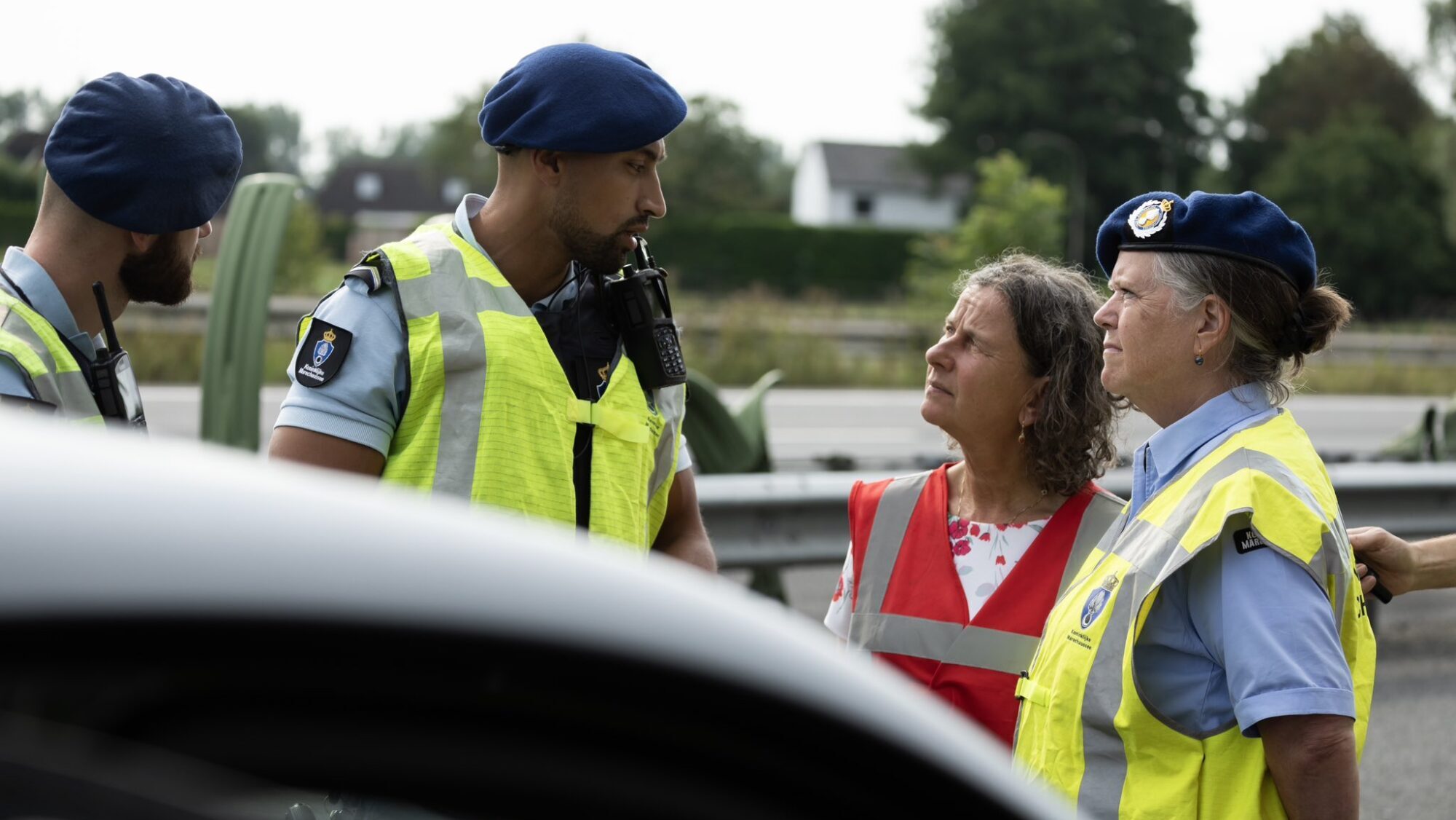
Asylum and Migration Minister Marjolein Faber visiting the Royal Military Police
@MinisterieAenM on X, 12 August 2024
The Netherlands today officially asked the European Commission for an exemption from the EU asylum rules. In a letter, asylum and migration minister Marjolein Faber told the Commission the new government “aims to drastically reduce the volume of migration to the Netherlands” and that this is necessary to “fulfill our constitutional duties—providing for public housing, health care, and education.”
Ik heb zojuist de @EU_commission geïnformeerd dat ik voor Nederland een migratie opt-out binnen Europa wil. Wij moeten weer gaan over ons eigen asielbeleid! pic.twitter.com/lHrIkC3FVX
— Marjolein Faber (@MinisterAenM) September 18, 2024
“As long as the Netherlands does not have such an opt-out, we consider the swift implementation of the European Pact on Migration and Asylum essential for increasing European control over migration and limiting the influx of migrants to the Netherlands. We will therefore continue to prioritise the implementation of the Pact,” Faber wrote.
As we previously reported, the opt-out request is one part of the government’s new, stricter migration policy. The Dutch coalition government, formed after Geert Wilders’ populist PPV won almost one-quarter of the vote in last November’s elections, ran on a platform that included stopping asylum seekers and illegal immigrants from entering the Netherlands.
“Faber is making history,” Wilders commented on X.
But getting an opt-out is not a straightforward process. Denmark and Ireland negotiated opt-out agreements before signing the Maastricht Treaty in 1992. For the Netherlands to get a similar deal, the treaty would have to be amended, meaning all 27 member states would have to approve an amendment. A Commission spokesman told nu.nl on Wednesday, “We do not expect the EU treaty to be changed soon.”
The EU Commission has not been encouraging. EU spokesman Eric Mamer told Reuters last week, “We have adopted legislation; you don’t opt out of adopted legislation in the EU; that is a general principle.”
